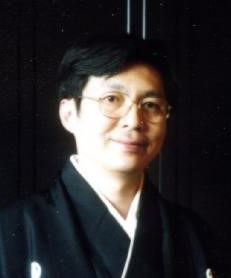
Dr. Tai Sing Lee
Professor, Computer Science, Center for the Neural Basis of Cognition and Biomedical Engineering
Education
- S.B. Engineering Physics, Harvard College, 1986
- Ph.D. Engineering Sciences, Harvard University, 1993
- Ph.D. Medical Physics and Engineering, Harvard-MIT Division of Health Science and Technology, 1993
- Postdoc. Biomedical Physics and Neurophysiology, Harvard University and Massachusetts Institute of Technology, 1993-1996
Bio
Tai Sing Lee is a Professor of Computer Science in the Computer Science Department, Neuroscience Institute, and the Machine Learning Department at Carnegie Mellon, with courtesy appointments in the Biomedical Engineering Department at Carnegie Mellon, and the Neuroscience Department at the University of Pittsburgh. He has worked in areas of computational neuroscience, primate electrophysiology, computer vision, machine learning, neural data analysis, and circuit modeling. He adopted an interdisciplinary approach to study the computational theory, algorithms and representations underlying representational learning and perceptual inference in the hierarchical visual systems.
Research
Our perceptual systems are shaped by the natural environment. We have studied how the statistical priors of 3D natural scenes are encoded in neural codes and neural circuits to facilitate perceptual computation. We are particularly interested in understanding how neural codes and neural computation are organized in a hierarchical compositional structure. In such a structure, elementary concepts can be flexibly combined into higher-order concepts and higher-order concepts can feedback to constrain the detailed high-resolution analysis in the early visual areas. We are interested in not only how the brain solves the challenging problems of visual cognition, but also why the brain might use such strategies and architecture. We answer these questions by recording from primate visual cortex, modeling neural activities using computational circuit models and machine learning approaches, and developing brain-inspired algorithms for solving real-world computer vision problems.
Research Interests: computational neuroscience, primate electrophysiology, computer vision, machine learning, neural data analysis, and circuit modeling
Awards and Recognition
- NSF Faculty Career Development (CAREER) Award (2000)
- ICCV Helmholtz prize (2013)
- McDonnell Pew Foundation Young Investigator Research Award (1996)
- Harvard-MIT HST Fellowship Award (1986)
- Society of Harvard Engineers and Scientists Honor Scholar (1985)
